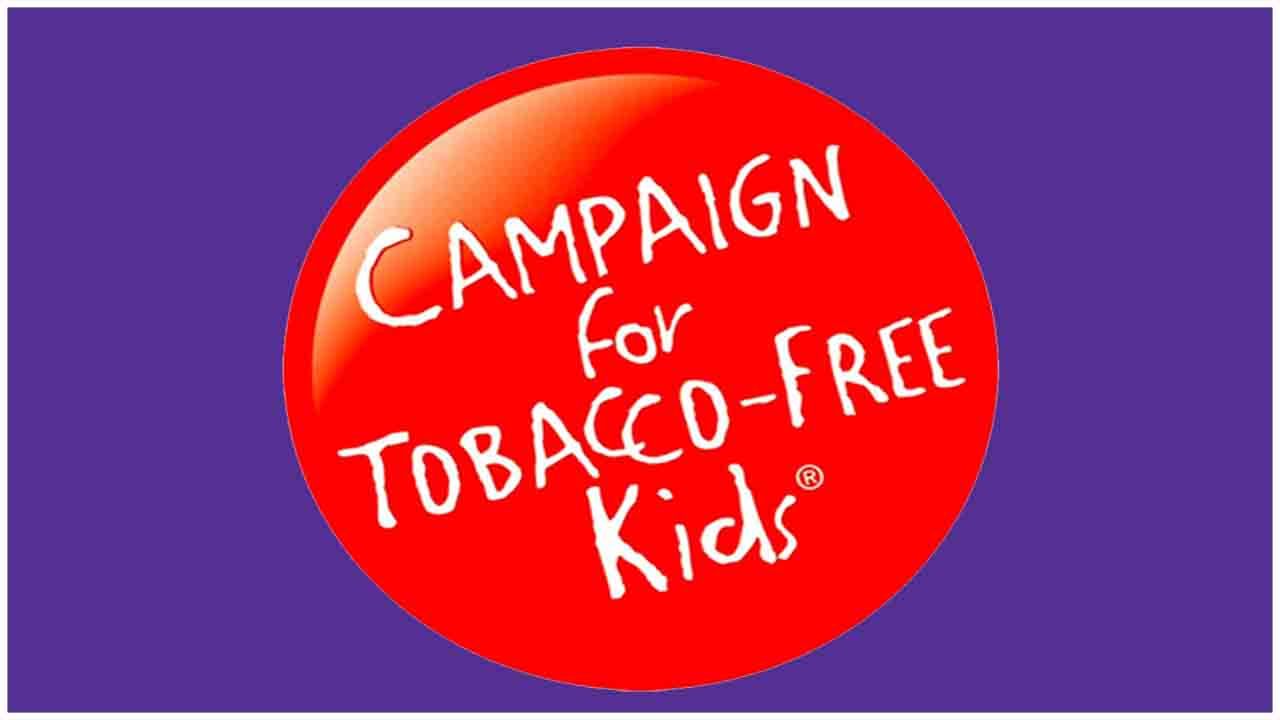Tobacco and e-cigarette companies are exploiting the COVID-19 crisis to advertise their harmful and addictive products on social media, undermine minimum age purchase restrictions meant to protect youth and make unproven and illegal health claims, according to new analysis published by the Campaign for Tobacco-Free Kids. The analysis includes tactics from big tobacco companies, e-cigarette makers and vape shops in 28 countries.
On social media, Philip Morris International and British American Tobacco – the world's two largest tobacco companies – are appropriating popular "Stay at Home" hashtags promoted by governments and health authorities to instead market heated cigarette products like Glo and IQOS and e-cigarettes like Vype. In Spain, British American Tobacco has posted photos advertising Vype e-cigarettes accompanied by the hashtag #FrenaLaCurva (#FlattenTheCurve) and in Italy, Philip Morris has used #DistantiMaVicini (#DistantButClose) to advertise IQOS. The companies have also promoted at-home music series and launched exclusive music videos to promote tobacco products online.
In the U.S., e-cigarette makers and vape shops have also turned to social media to promote their products and boost sales during the COVID-19 crisis. Pandemic-related promotions range from free masks with e-cigarette purchases to offering COVID-19 discounts (get 19% off nicotine e-liquids by entering the code COVID-19). E-cigarette makers have also used the pandemic to make unproven and illegal health claims about e-cigarettes. Bidi Vapor claimed on Instagram that "A bidi stick a day keeps the pulmonologist away."
In Kazakhstan, British American Tobacco provided Glo-branded facemasks to more than a dozen Instagram influencers who posted photos wearing the masks – all with the same caption advertising free Glo masks (#glomask) with the purchase of a Glo device. These and other posts advertising tobacco products were documented in dozens of countries, despite a December 2019 announcement by Instagram and Facebook that the platforms would no longer allow influencers to promote tobacco products online.
In addition to social media promotion, Philip Morris has waived ID validation on delivery of IQOS in at least one country and references the COVID-19 crisis in at least 18 countries to promote special offers and home delivery of the product.
"Tobacco companies will stop at nothing to sell more products, even if it means shamelessly capitalizing on a pandemic," said Matthew L. Myers, president of the Campaign for Tobacco-Free Kids. "It's not just Big Tobacco – vape shops and e-cigarette makers have stooped to new lows to target young people, mislead consumers and sell more e-cigarettes. As we continue to learn more about the harmful links between COVID-19 and tobacco use, these tactics should raise the alarm in every country around the world."
Public health experts have warned that smokers and e-cigarette users face a greater risk for severe illness when confronted with COVID-19. There is conclusive evidence that smoking increases the risk for respiratory infections, weakens the immune system and is a major cause of chronic health conditions that increase risk for COVID-19, including lung disease, heart disease and diabetes. There is also growing evidence that e-cigarette use harms lung health.

 New Analysis Exposes How Big Tobacco is Exploiting COVID-19 Pandemic to Advertise Harmful and Addictive Products
New Analysis Exposes How Big Tobacco is Exploiting COVID-19 Pandemic to Advertise Harmful and Addictive Products











.jpeg)

.jpeg)
.jpeg)

.jpeg)


.jpeg)



.jpeg)
.jpeg)
.jpeg)


.jpg)


.jpeg)
.jpeg)